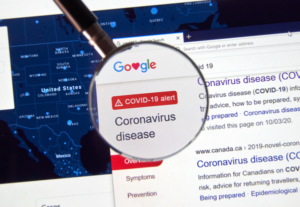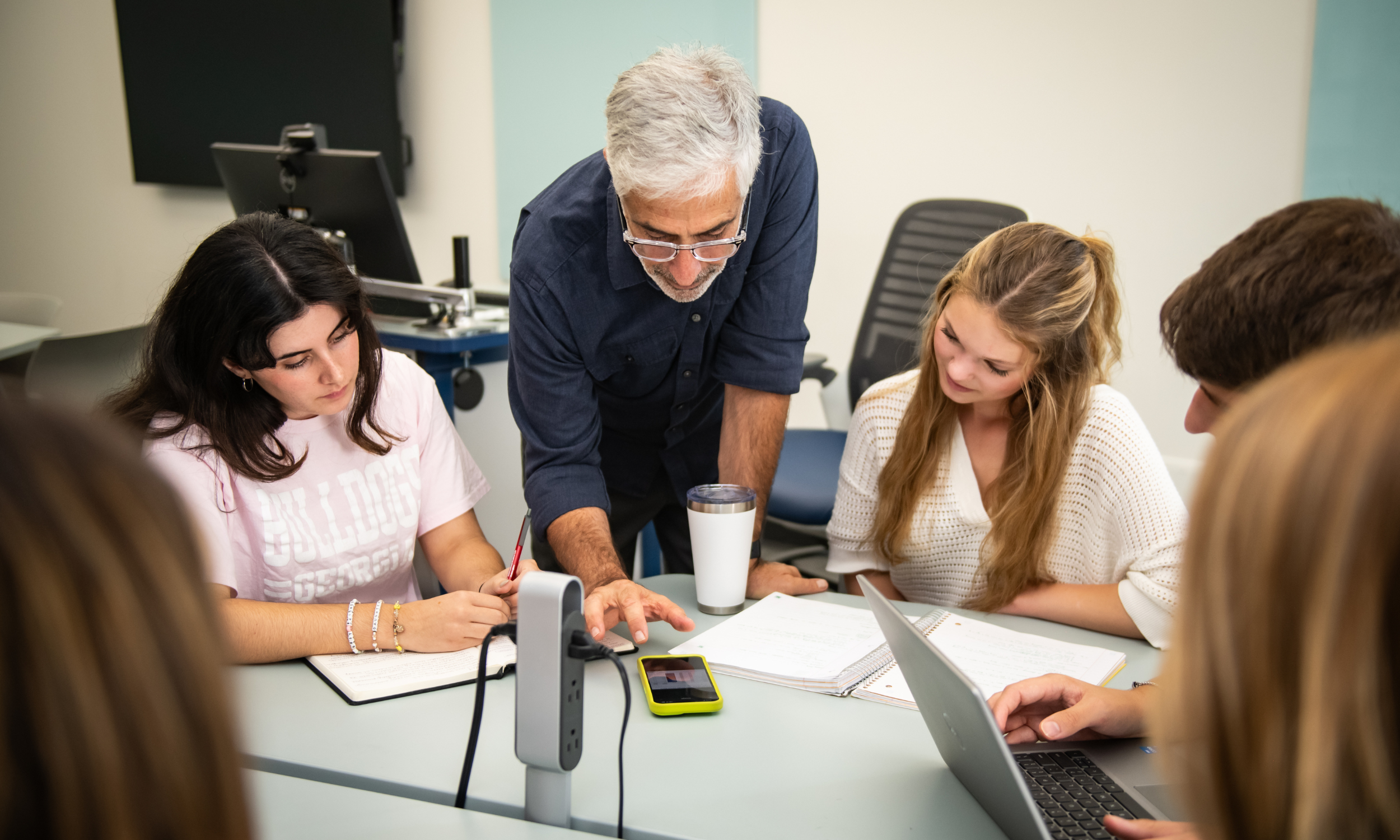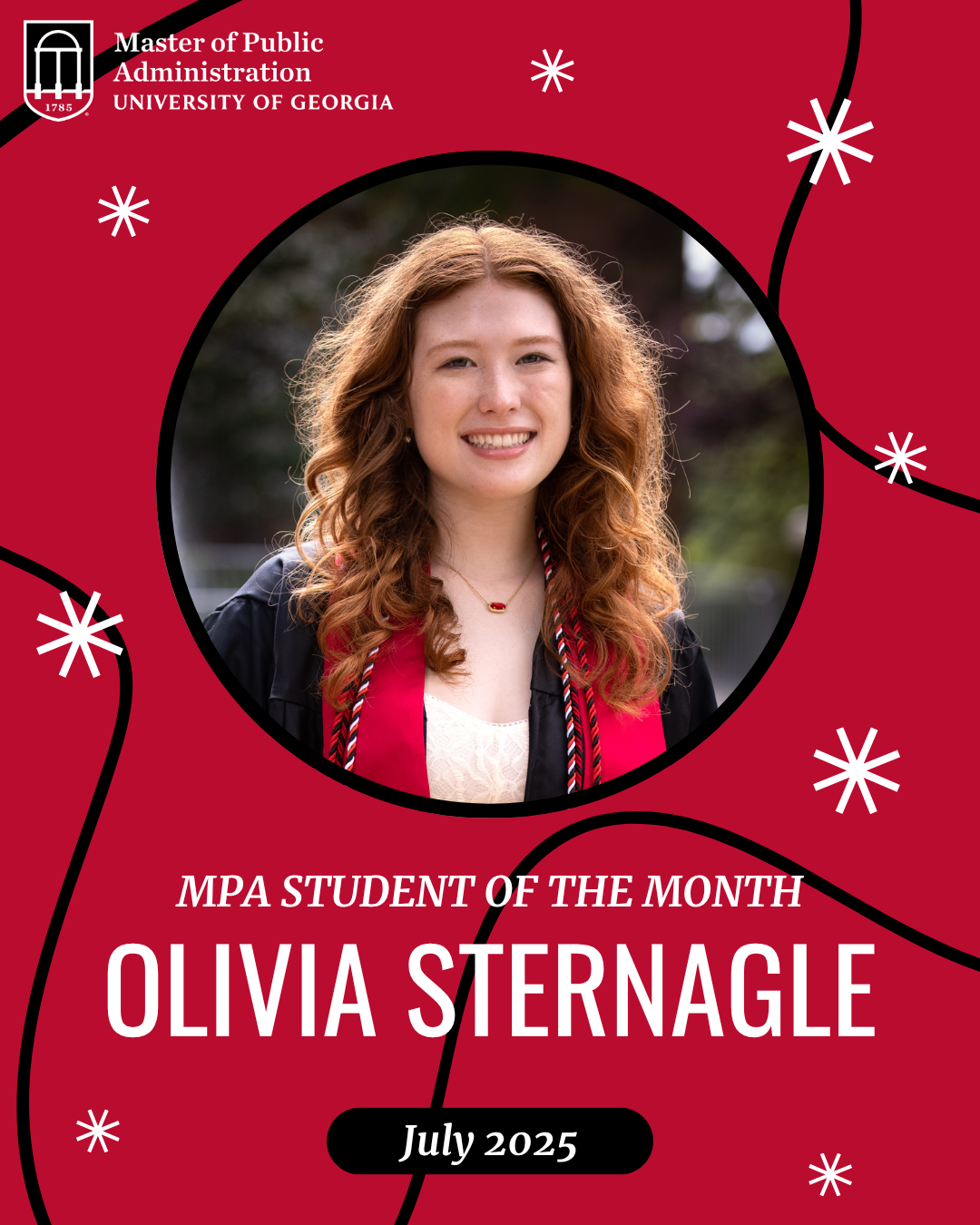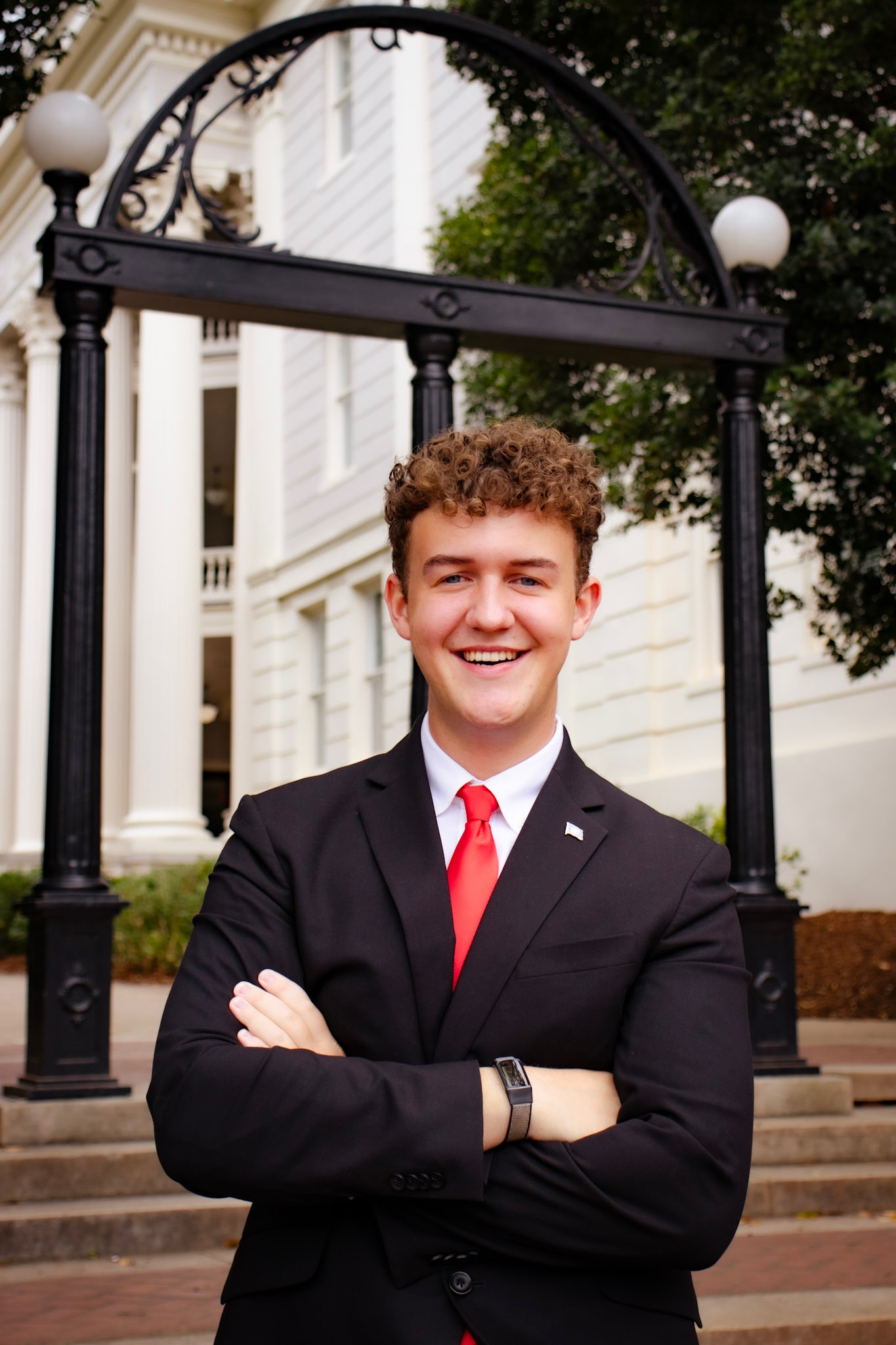
By: Rachael Andrews
Dr. Lozano-Rojas, assistant professor of Public Administration and Policy, has investigated how the public responds to information and policies amidst the COVID-19 pandemic. Along with several co-authors, Lozano-Rojas looks at evidence from internet search data to determine how the public reacts to local COVID-19 cases once they are reported. Internet search data provides a unique perspective on how people’s attention is impacted by the COVID-19 pandemic, and how that may help policymakers respond more effectively.
Using an event study framework, Lozano-Rojas and his co-authors show that state announcements of first COVID-19 cases led to an increase in internet searches for symptoms, effects, and other basic information about COVID-19. However, there was not an increase in searches for large-scale strategies or policies (i.e. school closures, mask mandates, etc.). The authors note that this is because the study specifically looks at information-seeking behaviors in the early days of the pandemic, when information regarding COVID-19 was not well-known, and communities were just starting to enact policies and strategies to mitigate the effects of the pandemic.
Can you explain why you and your co-authors chose to study information-seeking behaviors and what impact those behaviors may have on policy?
In recent years, several studies have tried to understand how different epidemiological and social phenomena leave traces on internet searches: studies forecasting the flu patterns, understanding unemployment, among many other phenomena. We thought that considering how the pandemic was a sudden shock, information flows from internet searches were relevant for policymakers to learn how the attention arises and changes. We have continued this line of research, and we explore in a couple of additional papers on how the pandemic has had an impact on searches related to unemployment.
Can you explain the event study framework and how it helped structure this paper?
We are trying to get to the causal effect of the pandemic on a particular search behavior. Well, in an event study we take advantage of a plausible exogenous variation of the start of the pandemic, and different policy interventions, such that we can unveil causal estimates. The pandemic is such an event, however linking it to a particular moment in time seems less clear. Our first approximation relied upon the emergency declarations and the first COVID cases in a given locality. If we agree that the interruption of the pandemic is as good as random, and that it is not confounded with other potential explanations, then we have unveiled a causal effect.
Why was it important to use the COVID-19 pandemic as a catalyst for tracking these information seeking behaviors?
Traditionally, policy makers have relied on information from surveys to learn about the different states of the population. Some surveys or information collection systems (from administrative data), have lags that we cannot wait for to cope with moments of hardship. In that context, any way in which we can learn faster or more accurately individual behaviors related to the pandemic, to specific needs or to employment opportunities, has the potential to improve decision-making. Google searches leave traces of such individual behaviors, and they also have an immediate availability and high frequency.
Of course Google searches are not the only source, and are fact from perfect. There is information from cell phone mobility, on transactional records from Points-of-Sale or credit cards, from retailer stores and financial companies… all of them collecting information on human behavior, such that we can relate to the footprints of the pandemic.
What do you see as the next steps for your research in this area?
We have continued with the study of Google searches, and other high frequency data to understand the pandemic effects over employment. We have a couple of projects currently under review. Moving away from the pandemic, we, together with other researchers at SPIA, are also trying to understand what is the effect that substance use policies have had on employment and government finances. More to come about that soon!
What advice do you have for current students who may be interested in this type of research?
There is so much information available today, sometimes it is challenging trying to make sense of it. With regards to Google Searches I would say that making sense of particular behaviors we might be interested in is very interesting and it is far from entirely understood. Skills in programming languages are necessary but they can be attained with more and more ease provided that the cost of trying is overcome, so it is good to be attentive to how access to these data actually happens. Either Python or R seem important these days, and I say it even though my software of preference is Stata.
In a more general advice, I would encourage students to constantly search what is it that makes them passionate. The passion has to be enough as to overcome fears, limitations that block us when we set ourselves for independent learning. If we are passionate about something we can cope with the cost of dealing with the learning of a particular skill. It does not have to be a straight line process, in my case it wasn’t. But feeling that I liked what I was doing helped me learn, devote time, get curious, try, err and move forward.








